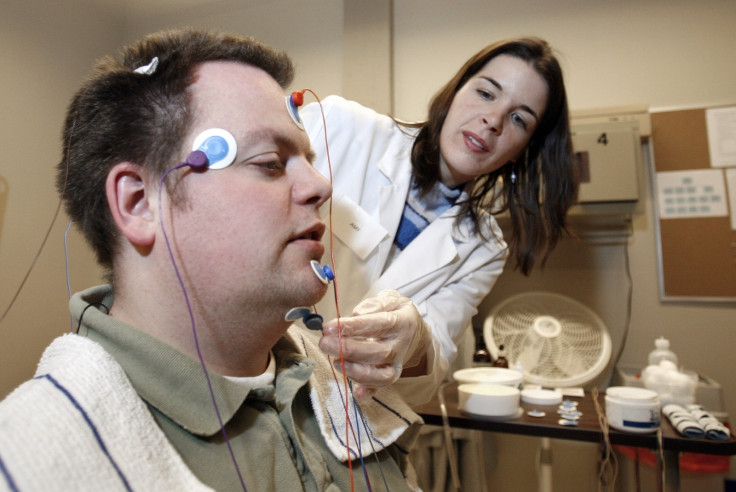Are you an insomniac? This AI can monitor your sleep patterns using non-intrusive radio waves
The method allows patients to conduct sleep tests at home.

Newly developed AI promises to help monitor sleep cycles without wires, in patients' homes.
Researchers have developed a method to monitor sleep without attaching any sensors to the patient's body. The AI will read and analyse radio signals around the sleeping person and translate this information into sleep stages, according to a report by MIT.
The tech has been developed by researchers at MIT along with the Massachusetts General Hospital. They say it is possible for the AI to measure all the three stages of sleep - light, deep, or rapid eye movement.
"Imagine if your Wi-Fi router knows when you are dreaming, and can monitor whether you are having enough deep sleep, which is necessary for memory consolidation," said Dina Katabi, professor of electrical engineering and computer science, who led the study. The new AI is designed to, "capture physiological signals and important health metrics, without asking the user to change her behaviour in any way", she added.
This AI-based tech will be presented at the International Conference on Machine Learning this year.
In the US alone, there are more than 50 million people who have sleep disorders. People with diseases like Alzheimer's and Parkinson's are also affected by sleep disruption, noted the report. As of now, methods used to study sleep include a host of wires, electrodes, and sensors that can further disrupt the sleep being analysed.
"The opportunity is very big because we don't understand sleep well, and a high fraction of the population has sleep problems," says Mingmin Zhao, the paper's first author. "We have this technology that, if we can make it work, can move us from a world where we do sleep studies once every few months in the sleep lab to continuous sleep studies in the home," he added.
While the technology to monitor vital stats from a person's body already exists, translating such data into measurable sleep cycles was a challenge, according to the report. The team of researchers from MIT has come up with new AI that is able to filter out information recorded by the sensors and study only the data that is relevant to sleep.
The team was able to get an 80% accuracy level in their readings when tested on 25 healthy participants, according to the report.
The researchers claim that this method will not only make monitoring methods comfortable for patients who can take it up at home, but will also make the job of doctors easier by giving them workable stats without having to manually label the entire data set.
A small box, the size of a laptop emitting radio signals is placed in the same room as the patient and sensors record the radio waves as they bounce back from the sleeping person. Interferences and interactions with the body are recorded and then analysed by the AI, which will work towards, "preserving the sleep signal while removing the rest".
© Copyright IBTimes 2025. All rights reserved.





















